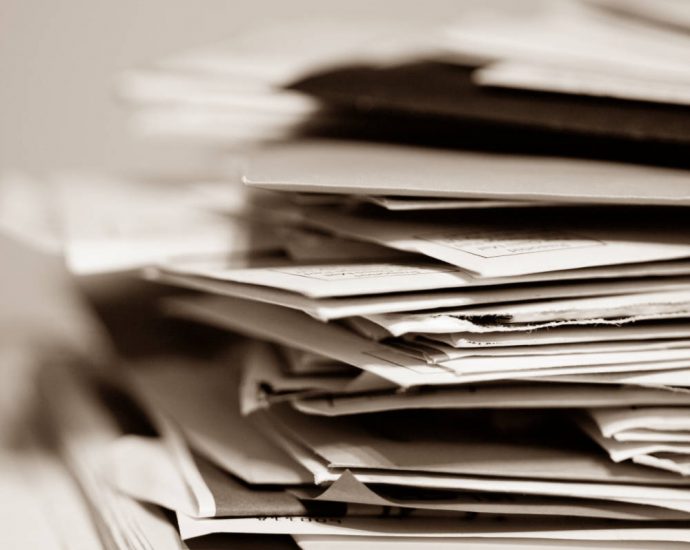Automatic bill payment has recently grown in popularity, both from people choosing this route and companies pushing consumers into an autopay system. Our most recent car loan from a local credit union required us to sign up for autopay through our bank. While that’s convenient, autopay can also turn into money avoidance. Instead of paying attention to where your money is going, the bill is paid and you go on with your life. You may find that this temporary release of money tension can create bigger problems.
One-time payments
It’s easy to forget about your car insurance bill that’s due every six months or the renter’s or homeowner’s insurance that comes due in the summer. However, if you signed up for autopay for these bills and they hit at a time when your balance is low, you could end up with an overdraft fee from your bank.
Unnoticed mistakes
Every year it seems I read a story of someone who received an exorbitant $10,000 bill by mistake from their cellphone carrier or water department. What about the smaller errors? What if, instead of adding three zeros, your monthly cellphone bill was doubled? If you weren’t paying attention it would be easy to miss these smaller mistakes.
Increased usage
Unless you head out every day to the electric meter, the only chance you have to see your usage may be on the monthly bill. My electric company provides a graph of our current bill versus the same month in the previous year. It’s only a snapshot, but you can see if you’re using more energy and possibly consider reasons why and how to bring it back in line. But if you aren’t getting or looking at your utility bills, would you notice that your usage this July was higher than last July?
Losing track of what you’re spending
Similarly, the best way to keep track of what you’re spending is to look at your bills. It’s too easy to forget the music service or three streaming TV options when you’re checking your monthly spend. Reviewing a monthly bill can spur you to consider if you’re really using all the subscription services you signed up for.
Some bills were made for autopay
If you want to deal with a few less bills per month, consider setting up autopay for static, recurring bills. A mortgage payment is a perfect example. If you have a fixed rate, the amount due is the same, yet it happens regularly enough (monthly) that you shouldn’t forget about it. Our car loan is another good example. I just have to remember to cancel it when the last payment has been made.
Try to actively manage your personal/entertainment spending, especially if it varies month to month. You should closely examine credit card bills before paying them, even if they are set up on an autopay. Look specifically at groceries, dining out, coffee runs, that kind of thing. It’s easy to forget the stop at the grocery store to pick up a loaf of bread that turned into a $30 trip.
And if you have a music or TV subscription, see if you can sign up for notifications when they pull the money out of your account. Even though it’s often less than $20 per month, these services add up quickly. Seeing a reminder will at the very least make you think about the transaction.
Good or bad?
Autopay is neither good nor bad. If you maintain active management of your money, it can save you time when the bills come due. But if it’s just another way of avoiding the topic of money, you might want to reconsider using autopay to pay your bills.
Photo by Sharon McCutcheon
